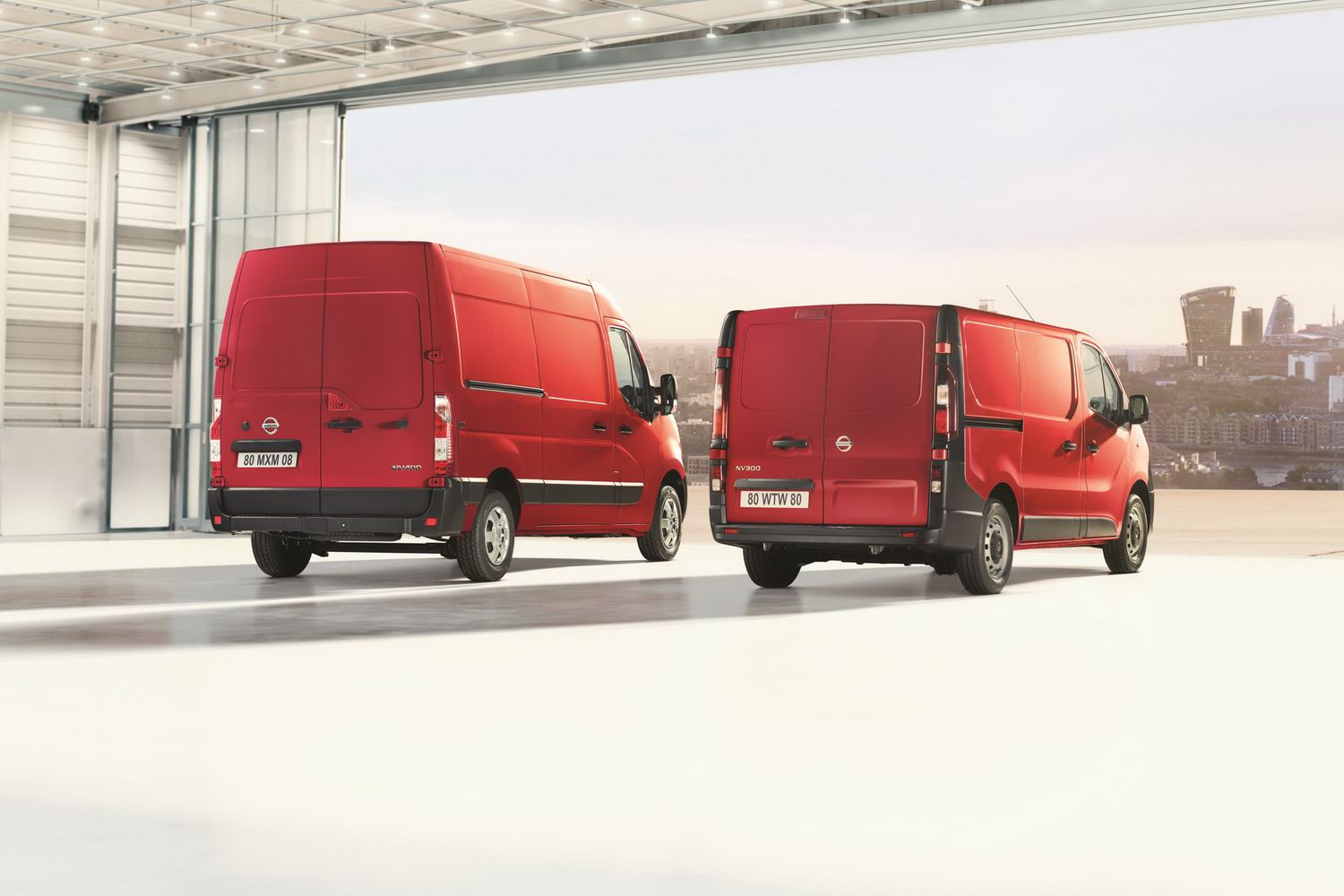Tax is as inevitable as ever, and it’s a crucial question for van users from the smallest single trader to the biggest fleet buyer. Here’s how the taxman affects which van you buy and use…
VRT
Vehicle registration tax is applied to vans according to Revenue’s Category B, which is for vehicles not exceeding 3,500kg gross weight. According to the rule book, these vehicles will be “designed and constructed for the carriage of goods” in line with the EU’s N1 commercial vehicles category. Generally they’ll have three seats or fewer, although that’s not a hard-and-fast rule — camper vans are assessed for VRT under Category B, and they will usually have four seats, while some crew-cab vehicles also come under Category B.
The VRT cost is worked out as 13.3 per cent of the Open Market Selling Price (OMSP) and will be charged at a minimum of €125. However, some vans will qualify for a flat rate of €200, if they have always had fewer than four seats, or at any time have a laden mass greater than 130 per cent of the mass in service.
Larger commercial vehicles (EU category N2 and N3 HGVs, basically), buses and tractors all attract flat-rate VRT of €200.
If your van qualifies as an ambulance, refuse cart, sweeping machine, fire engine or (unlikely but you never know) a road roller, then you pay no VRT at all.
Classic vans fall into the same category as classic cars (Revenue refers to them as ‘Vintage’) and, if they’re 30 years old or older, and they’ll be charged the flat €200 rate.
Motor tax
The annual motor tax for a van or other light commercial vehicle is calculated as €333 per year (€184 for a half year, or €94 for three months) assuming that the unladen weight doesn’t exceed 3,000kg.
If the vehicle weighs between 3,000- and 4,000kg then it’s €400 per year (€233 for six months, or €118 for three). There are two further commercial motor tax bands: €500 per year for vehicles up to 12,000kg and €900 for vehicles above that limit, so they are really for HGVs and trucks, rather than vans.
If your van is electric, as many increasingly are, then you could save a packet by registering it as a private use vehicle (see below) as it will then cost you just €120 a year for motor tax (there may be some Benefit in Kind costs associated with that, though).
If you’re driving a campervan, incidentally, you can get a year’s tax for a mere €102, and if your van qualifies as a school bus, then it’s just €95. Public service vehicles and youth or community service vans with between nine and 20 seats on board are charged €154 per year for motor tax. There are other categories for such buses, but again we’re then into the realm of more specialised vehicles, as opposed to vans.
To tax your van for the first time, you’ll need a goods-only declaration form (Form RF111A) stamped and signed by your local Garda station. You’ll also need proof of commercial insurance, and a letter from the Revenue Commissioners confirming that you’re registered with them for business purposes.
If you’re planning on using your van for private, social, domestic or pleasure use as well as work, you’ll need to tax it as a private vehicle, and for that you’ll fall back on the old pre-2008 motor tax system that taxes according to the engine capacity. We have more details on that our Buying a Van for Private Use feature.
There are some curious motor tax categories for commercial vehicles, and while they don’t really refer directly to vans, they may be of some interest. Off-road dumpers pay a massive €885 every year in tax, but a general haulage tractor will cost you a relatively small €333.
You’ll also pay €333 for a recovery vehicle or, interestingly, a ‘general workshop contrivance’, while an agricultural tractor, a trench digger or an excavator will cost you €102.
So will a hearse or a forklift truck and, if your van is registered on one of Ireland’s offshore islands, it’s also €102 every year for motor tax.
Benefit in Kind
If you’re a business allowing your employees to use the company vans for private use, then there is a Benefit in Kind (BIK) taxation cost associated with that use. Generally it’s charged at five per cent of the Original Market Value (OMV) of the vehicle.
For example, if a van cost a nominal €18,000 when new, then the employee would have to have five per cent of that €18,000 (which would work out at €900) added to their PAYE tax bill for the year. That amount can be reduced if the employee contributes towards the cost of running the van, or if they only have access to it for a certain number of weeks at a time.
There are some exemptions, including if the van is provided for work use, but the employee uses it simply to drive home after work is complete; if the employee is only allowed to use the van for travelling to and from work; or if their work keeps them out of the office for more than 80 per cent of their working time.
The use of pool vehicles is not subject to BIK as long as no one person has too much use of one vehicle to the detriment of others, and private use of the vehicle is minimal. There’s also no BIK on the use of electric vans, as long as the OMV of the van is less than €50,000. There’s another exemption for vans with a gross weight above 3,500kg.
Hope that all helps understand the Irish motor tax system with regards to vans, but if you have any specific questions we’ve not covered, feel free to drop us a question via the Ask Us Anything page.


